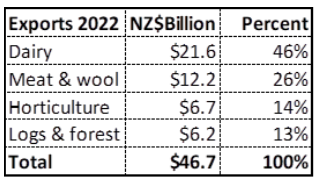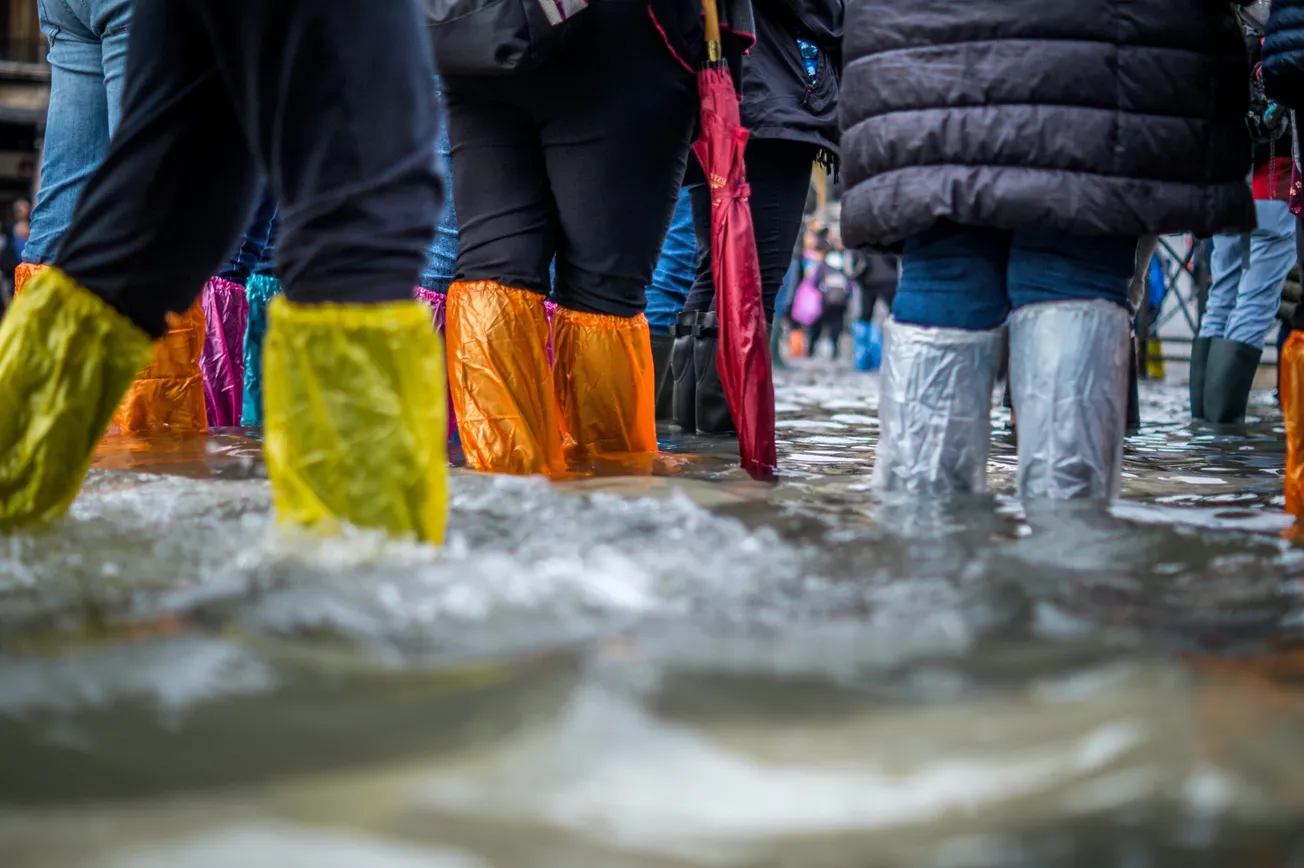Table of Contents
Pedrho
Cyclone Gabrielle (and other storms) may or may not be caused by climate change. Cyclone Gabrielle was more likely the result of the (natural) La Niña system that has been present in the Pacific/Tasman for nearly two years; plus the very real possibility that regional weather has been affected by last year’s Tonga volcano.
The answer to climate change (as senior politicians Luxon and Seymour have sensibly stated) is to build defences (e.g. as the Netherlands’ “Low Countries” learned during the Middle Ages): and not to try to stop “global warming”, which New Zealand can do little to prevent.
The terrible damage caused during and following Cyclone Gabrielle is largely due to hazardous activities, such as building high density housing on unstable and unsafe land; and governments mis-allocating funds away from the building, maintaining and restoring of essential (e.g. road and water) infrastructure while spending taxpayers’ and ratepayers’ cash irresponsibly and recklessly on ideological vanity projects. I was pleased to see PM Hipkins comment on this last week: the first time a senior Labour politician has given this crucial issue any attention.
In addition to building and maintaining defences and other essential infrastructure to cope with natural weather events and climate change, there are some other things we can do effectively to reduce storm damage here in New Zealand.
Over past decades, successive NZ governments have mistakenly encouraged (mainly foreign investors) to buy and convert farming land to timber. These same “investors” make money from government (taxpayer-funded) carbon credits and then (sometimes) harvest the timber:
- Bridges have been damaged or destroyed by residue from harvested timber estates. This same detritus is also largely responsible for rivers flooding (by blocking natural watercourses).
- Harvested timber offcuts block waterways, and the barren land left after harvesting results in devastating soil erosion… that also blocks or slows river pathways.
- So-called forestry “investors” also result in the contamination of our country with “wilding pines” which are a pest and fire hazard, especially in the South Island. Not only do these temporary exotic forests add to the dangers of flooding (as stated above) but they also drive farmers off formerly productive land. The reduction of farming activity causes significant economic degradation to rural communities and towns. Farming exports are of far greater value than timber: “…New Zealand’s food and fibre sector is expected to reach a record $52.2 billion in the year to 30 June 2022…” of which land products (excluding fish and seafood) were:

- Note that 87% comes from real agriculture and just 13% from forestry. And these are merely exports: our farmers also feed New Zealanders, which is even more important and probably where most of our “horticulture” goes rather than being exported!
My appeal is for the government to:
- Stop attempting to prevent climate change and use the funds saved to invest in flood defences such as sea walls, better storm water systems, etc.
- Remove all (taxpayer-funded) subsidies for forestry.
- Stop interfering with farmers and burdening them with additional taxes. Modern farmers in New Zealand care and know more about their own land and animals than any urban academics, bureaucrats, or politicians.
- Withdraw from the “Emissions Trading Scheme”. (“…The Emissions Trading Scheme is a tool for sending price signals to producers, consumers and investors. It puts a price on emissions, by charging certain sectors of the economy for the greenhouse gases they emit…”)
Every dollar charged to business ends up being paid by consumers, thereby increasing inflation. A classic, simple example is that:
“…all fuels also pay an Emissions Trading Scheme levy (approximately 20 cents per litre…”)
AA NZ
Taking these steps will reduce the bad effects of climate change and severe weather… and help reduce the inflation that is causing distress and harm to every New Zealander today.









